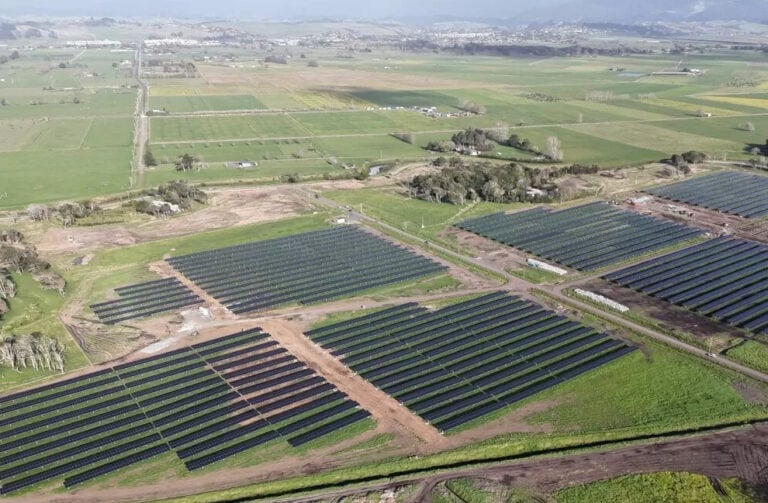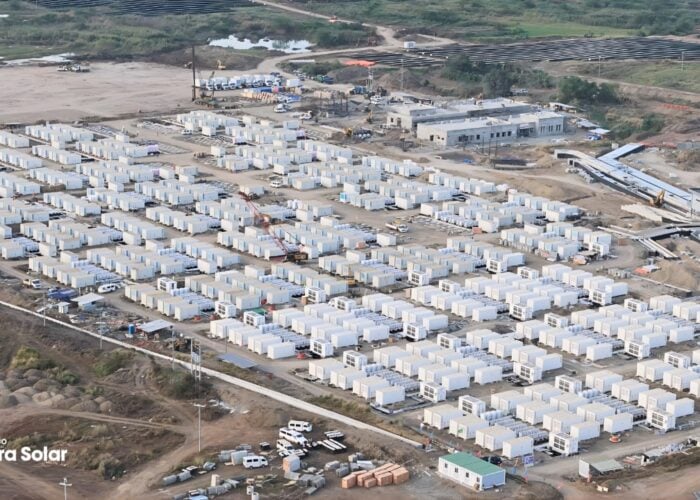
The New Zealand government has presented the Fast Track Approval Bill, which includes ten solar PV projects that will receive a boost in their development.
The Bill, revealed earlier this week (6 October), includes 149 projects designed to help rebuild the country’s economy, fix its housing crisis, improve energy security, and address critical infrastructure deficits.
Try Premium for just $1
- Full premium access for the first month at only $1
- Converts to an annual rate after 30 days unless cancelled
- Cancel anytime during the trial period
Premium Benefits
- Expert industry analysis and interviews
- Digital access to PV Tech Power journal
- Exclusive event discounts
Or get the full Premium subscription right away
Or continue reading this article for free
Of the 149 projects selected for inclusion in this fast-track scheme, 22 were dedicated to renewable energy. Ten of these were solar PV-focused, with the list including several utility-scale solar PV power plants, such as the 420MW Point Solar Farm, situated in Canterbury, on New Zealand’s southern island, and a 220MW solar PV project proposed by Lodestone Energy at Haldon Station, also in Canterbury.
Elsewhere in Canterbury, the 88MW Balmoral Station solar array and the Black Point solar PV power plant have been included in the Bill to be fast-tracked. The 76MW Wellsford solar PV project in Auckland has been included in the Bill.
In Waikato, a region of the upper North Island of New Zealand, Tauhara North No.2 Trust has seen its Rotokawa solar PV project included, and the SolarGen joint venture has seen its Foxton project, located in Manawat-Whanganui, the southern half of New Zealand’s North Island, involved.
UK-based developer Harmoney Energy has seen three projects feature in the fast-track Bill. This includes the Hinuera Solar Farm in Waikato, the 26MW Bunnythorpe Solar Farm in Manawat-Whanganui, and the Huirangi Solar Farm in Taranaki, on the western side of New Zealand’s North Island.
Chris Bishop, New Zealand’s minister for infrastructure, said the renewable energy projects, including solar PV, will collectively generate an additional 3GW of capacity for the country.
“The 22 renewable energy projects will help electrify the New Zealand economy, boost energy security and help New Zealand address its climate change goals,” Bishop said.
“New Zealand has abundant renewable energy resources, but the planning system puts barrier after barrier in the way of taking advantage of them. Collectively, the projects will contribute an additional 3GW of generation capacity, if all consented. By comparison, Auckland’s historic peak demand is about 2GW.”






